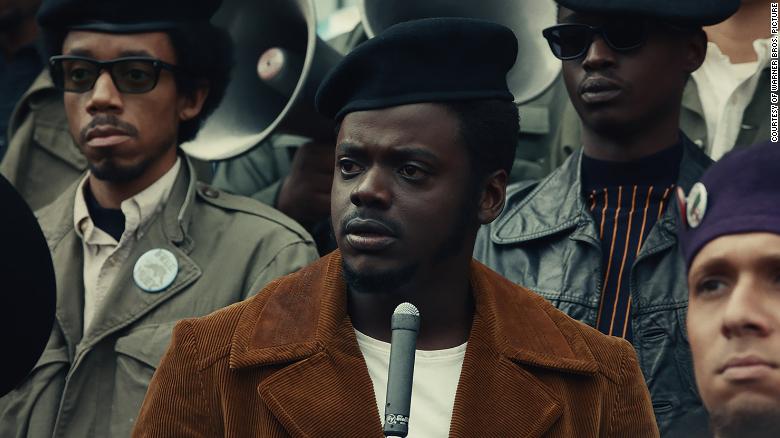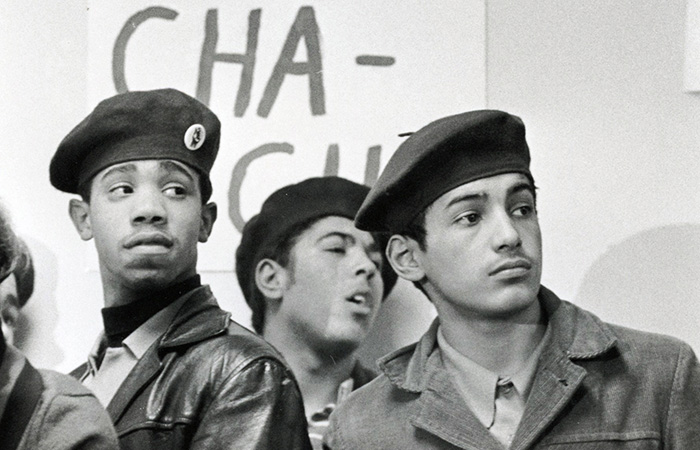The recent film, “Judas and The Black Messiah,” depicts Fred Hampton’s work in the Black Panther Party (BPP). It also shows us how our grade school teachers and textbooks had it all wrong.
“Black Messiah” tells Hampton’s (Daniel Kaluuya) story through the lens of Bill O’Neal (LaKeith Stanfield), an FBI informant. Throughout the film, audiences see how O’Neal struggles with the FBI’s increasing demands to topple the BPP. These struggles become clearer as O’Neal begins to share a bond with his “comrades.”

It is difficult to say how O’Neal truly felt about the Party (he committed suicide shortly after the premiere of his tell-all documentary “Eyes On The Prize II”). Regardless, his character offers a familiar vantage point to people taught differently about the BPP, or not taught at all.
The Rainbow Coalition And Building Community
In 1969, Hampton partnered with the Latino organization Young Lords and the predominately White Young Patriots group. The rainbow coalition was hence born.
“Fred took the Young Lords under his wing. He gave us the skills that we needed to come right out of the gang and start organizing the community,” José “Cha-Cha” Jimenez said in an interview.

The coalition sought to battle racism and segregation, both heightened in Chicago after the 1968 Democratic National Convention. Today, those who reside in the city believe this kind of coalition-building prompted the election of the city’s first Black mayor and Latinx representatives.
As chairman, Hampton also helped launch the Free Breakfast for Students Program. The nationwide effort among the party fed upwards of ten thousand children from 1969 into the mid-1970s.
Fred Hampton’s Legacy Lives On In Chicago And Beyond
Hampton’s family created the organization Save The Hampton House to preserve his childhood home. According to the organization’s GoFundMe page, the site will be used as both a museum and a place for educational services, community gardens, and community development meetings.
In an interview with Block Club Chicago, Hampton’s son, Hampton Jr., said the movie should be seen as a starting point rather than the finish line, adding, “The revolutionary is never satisfied.”

